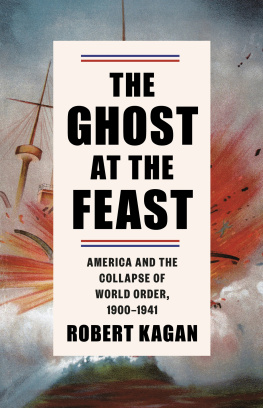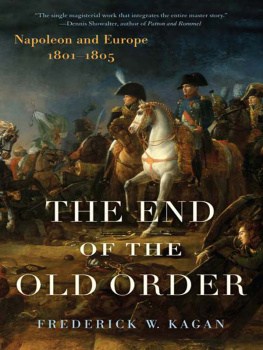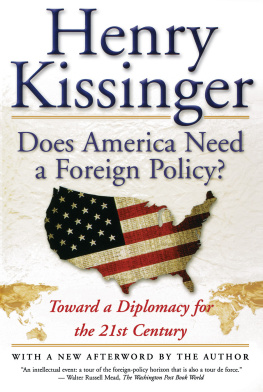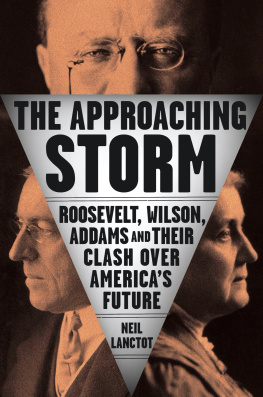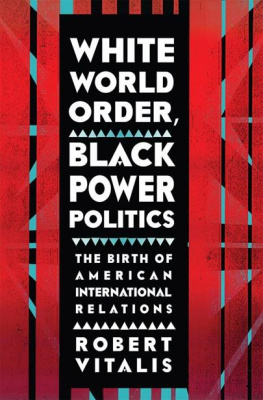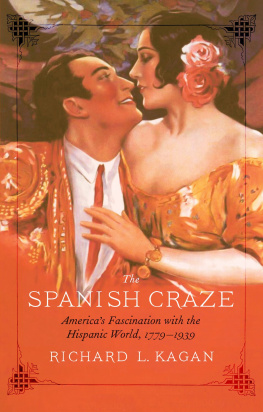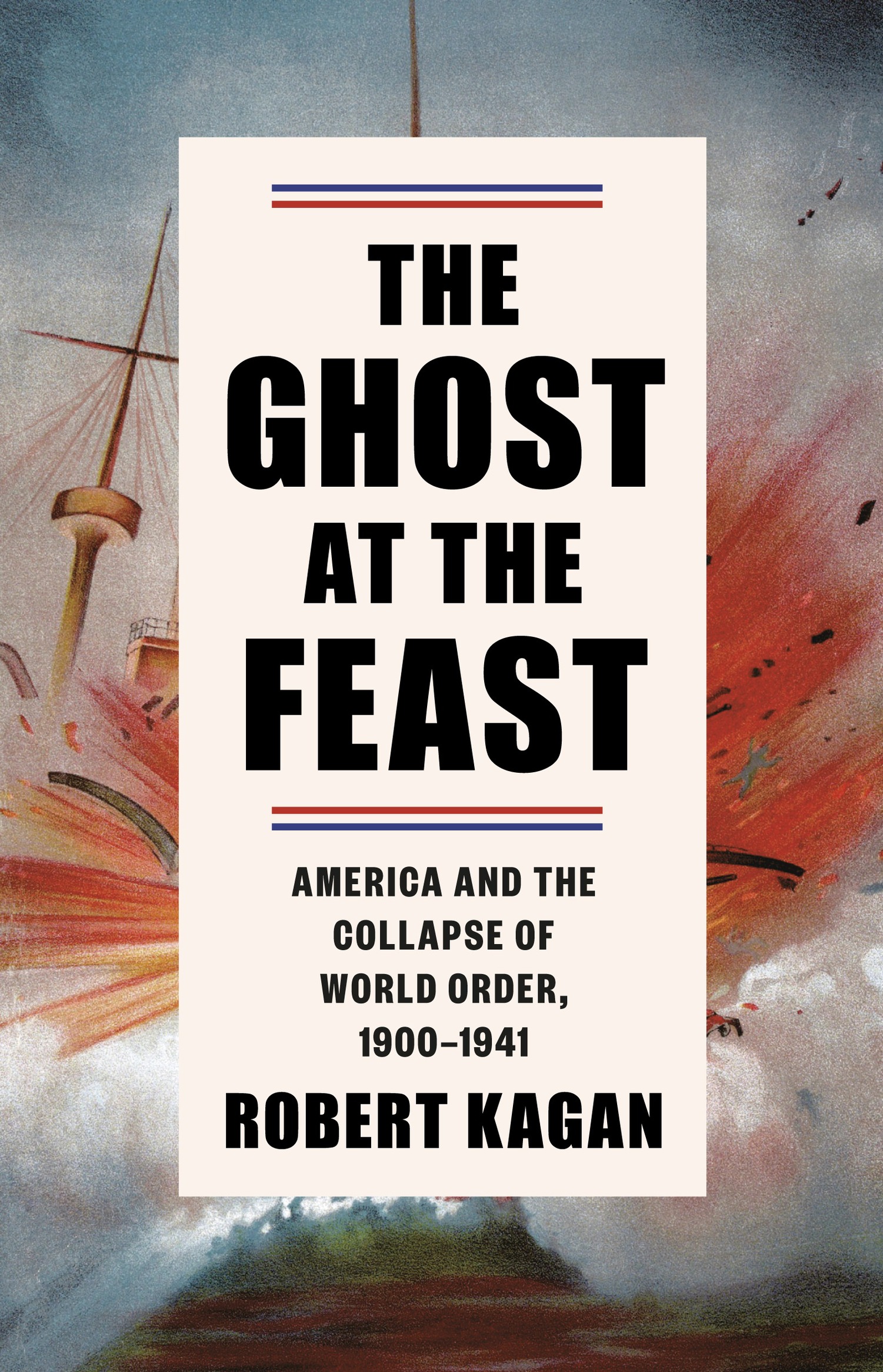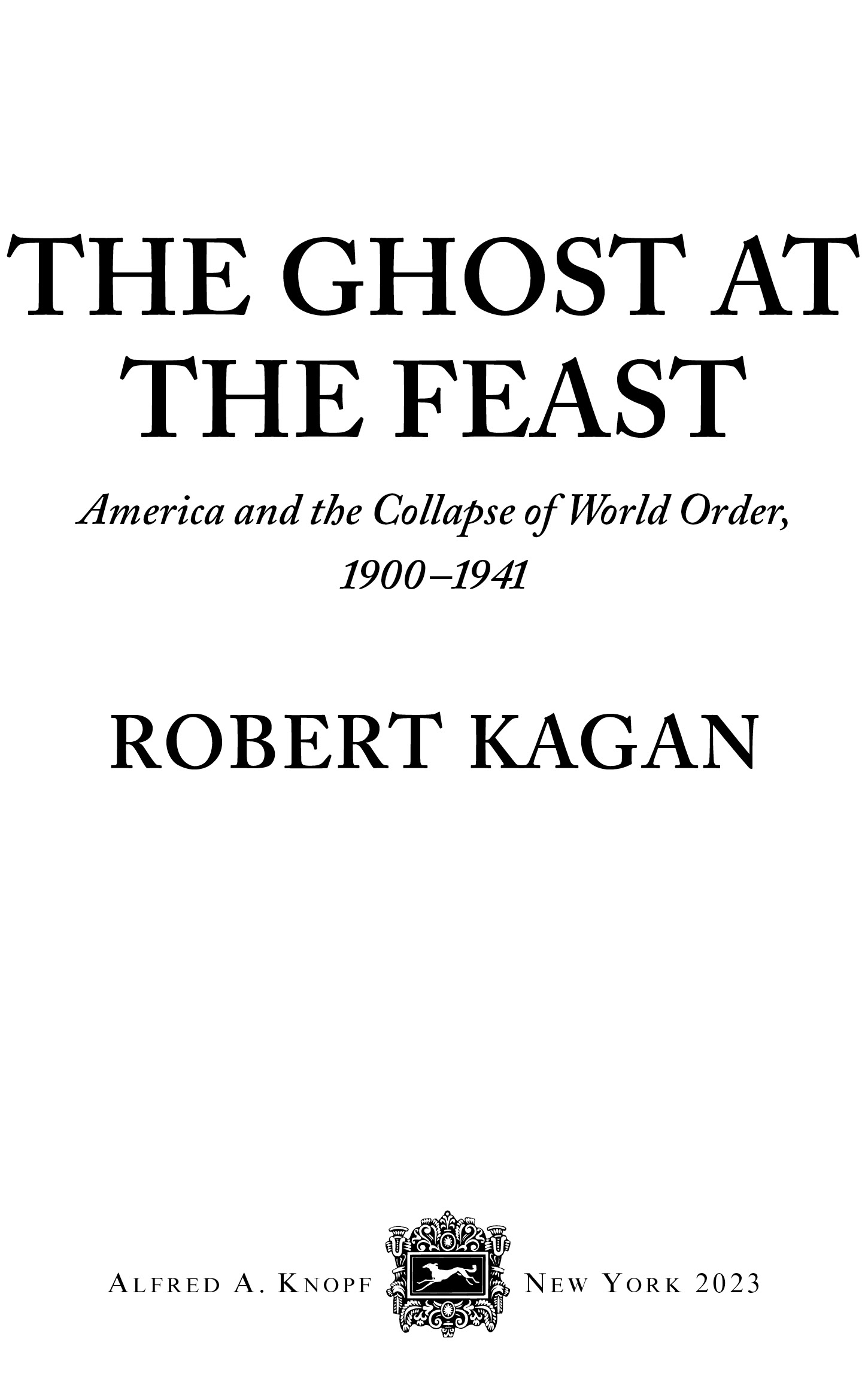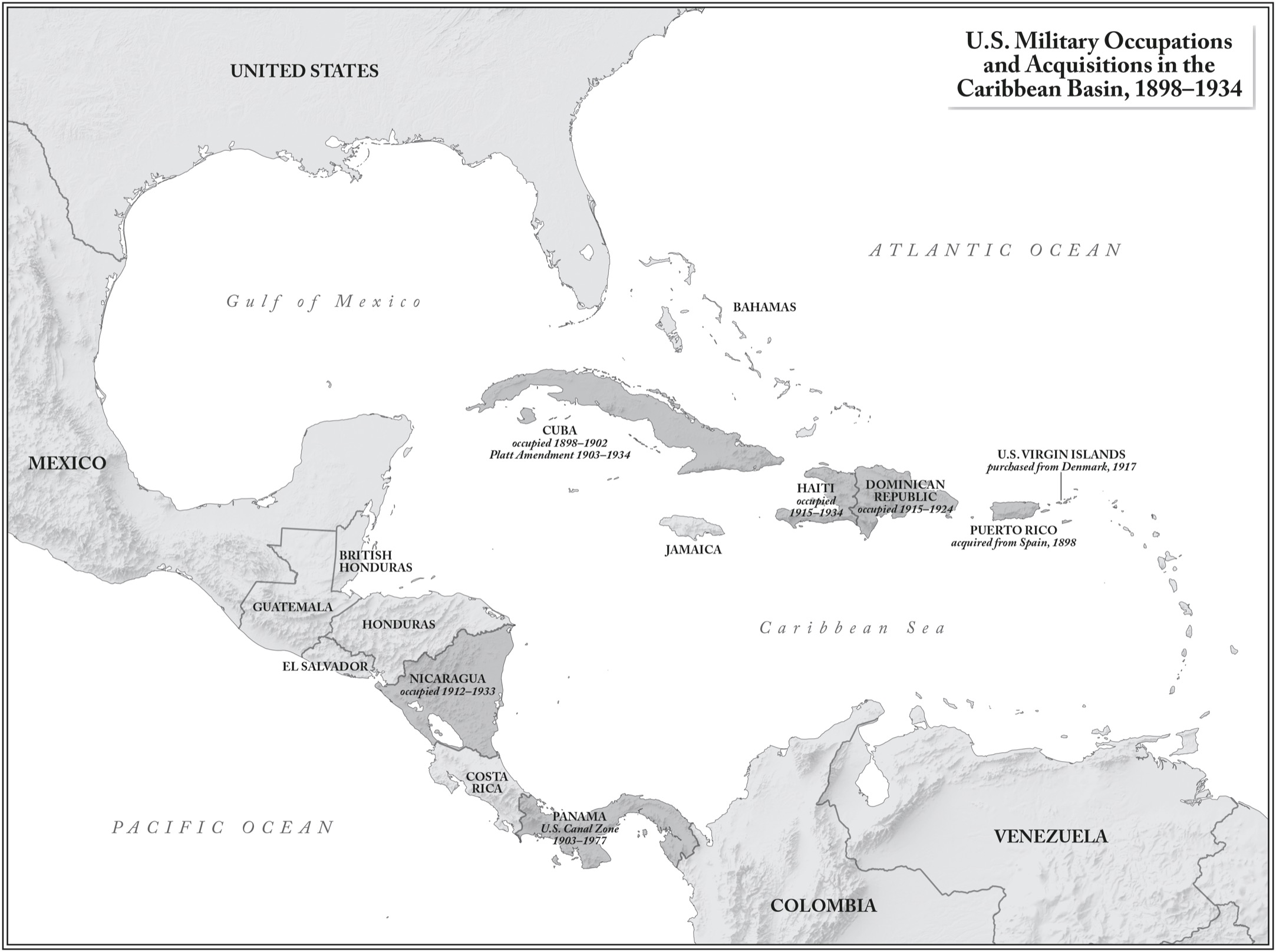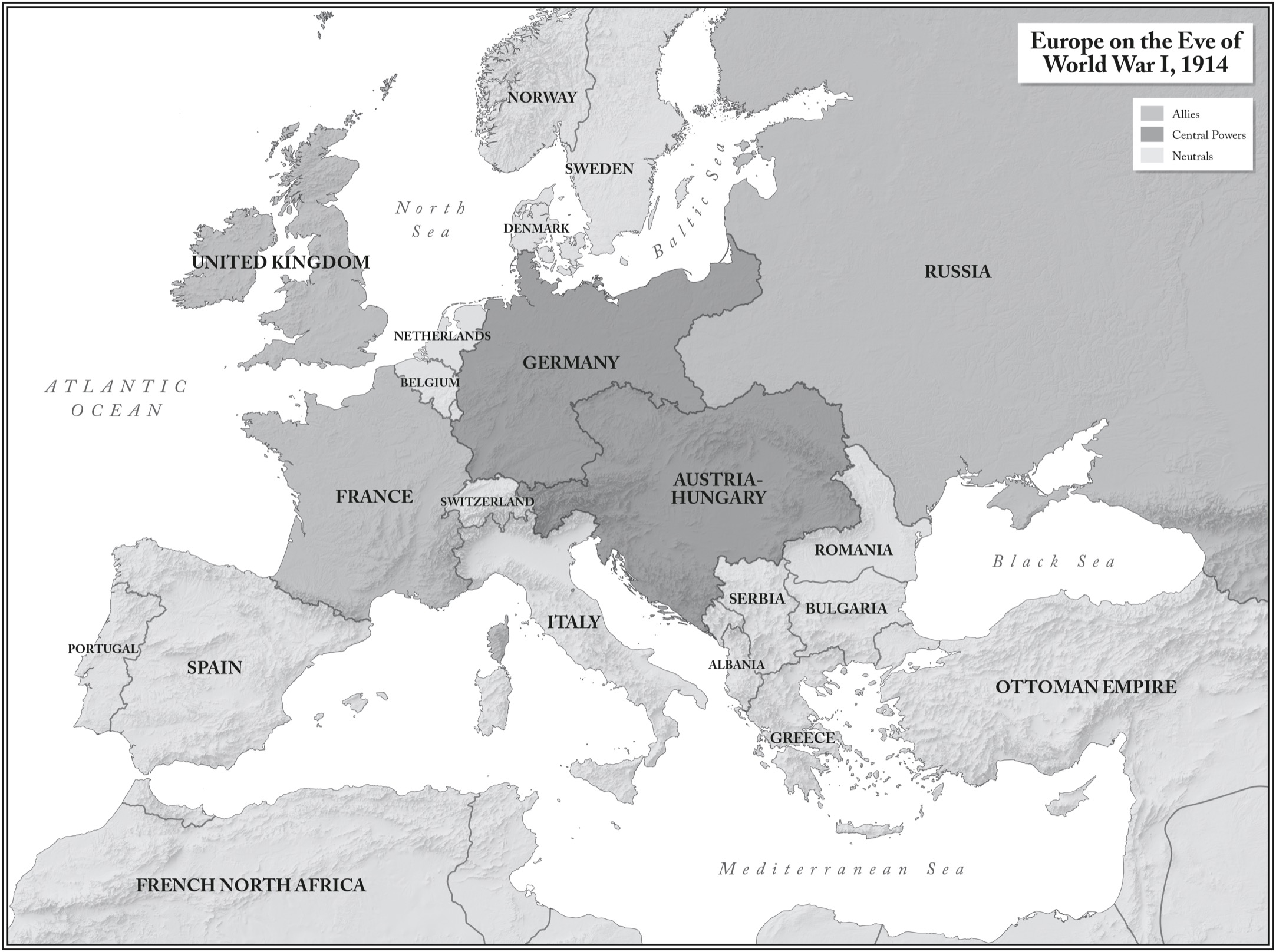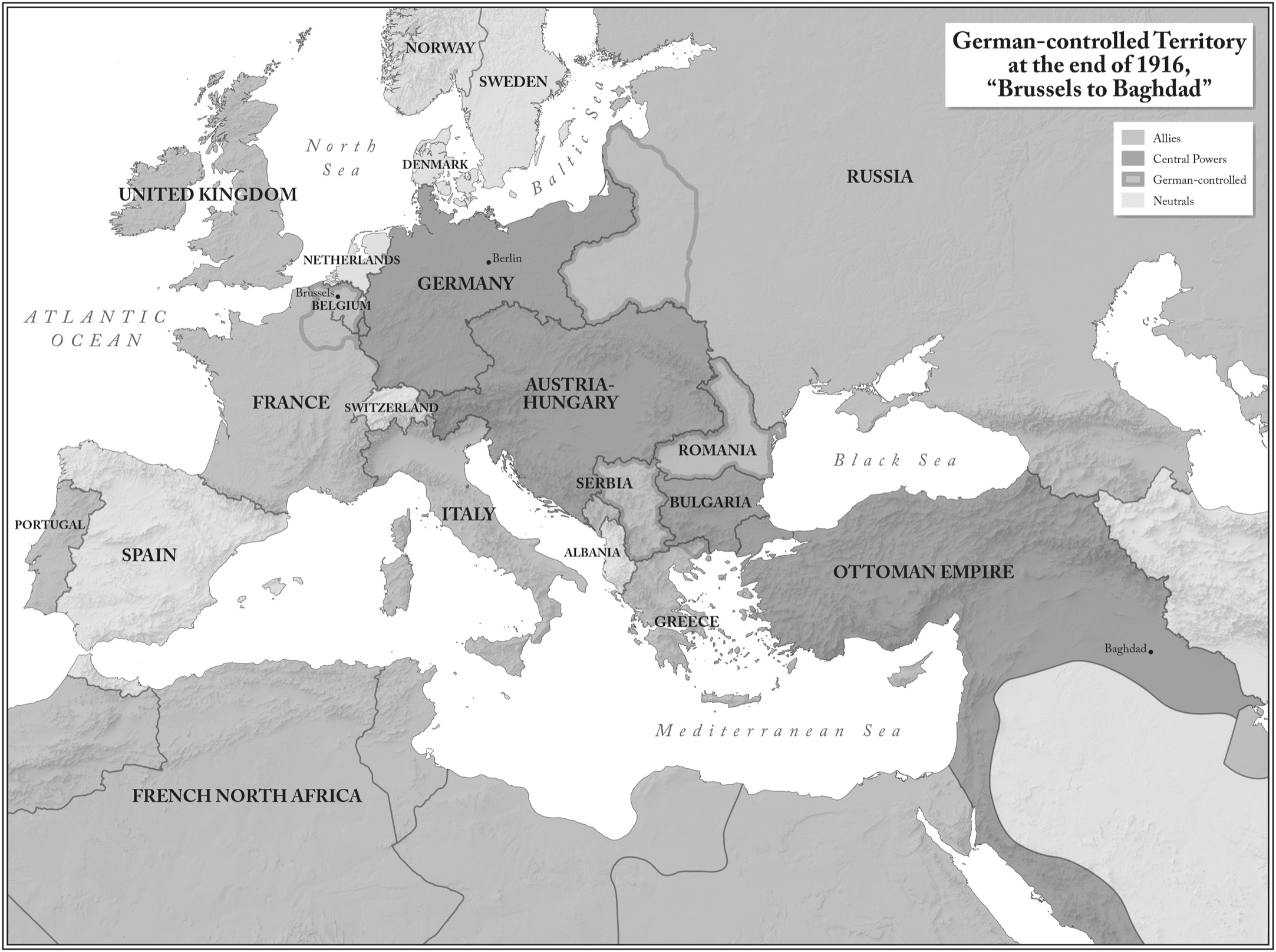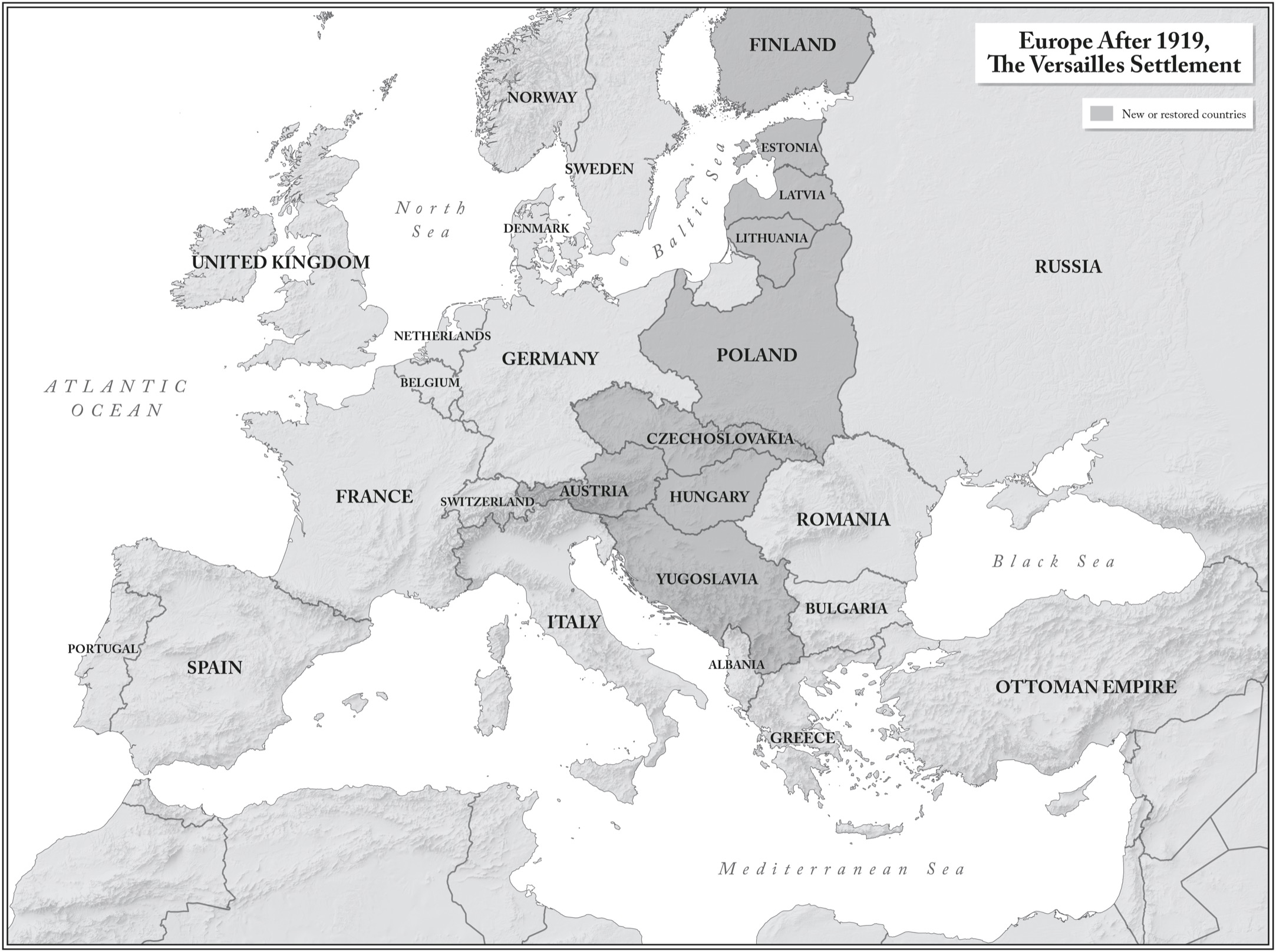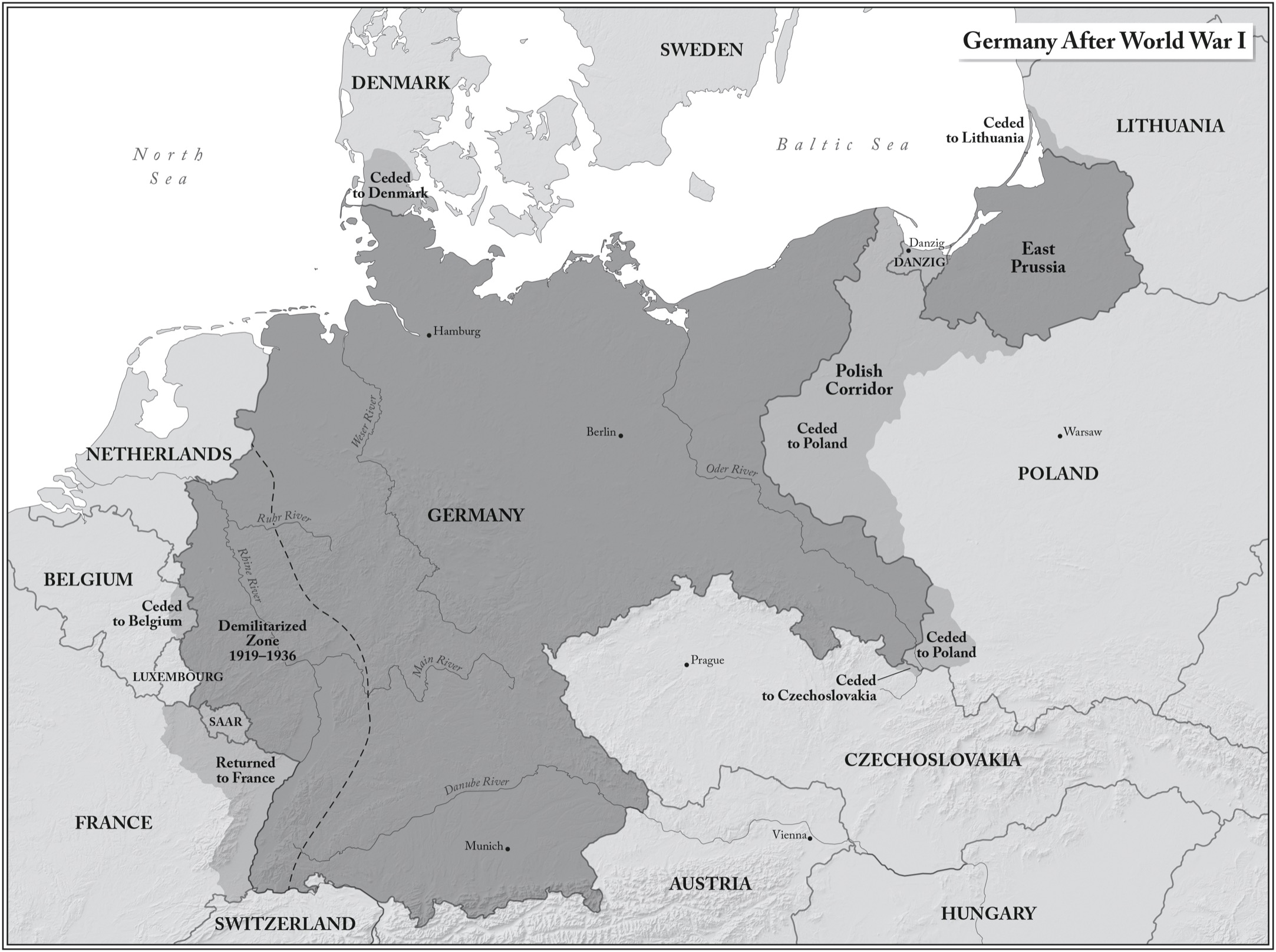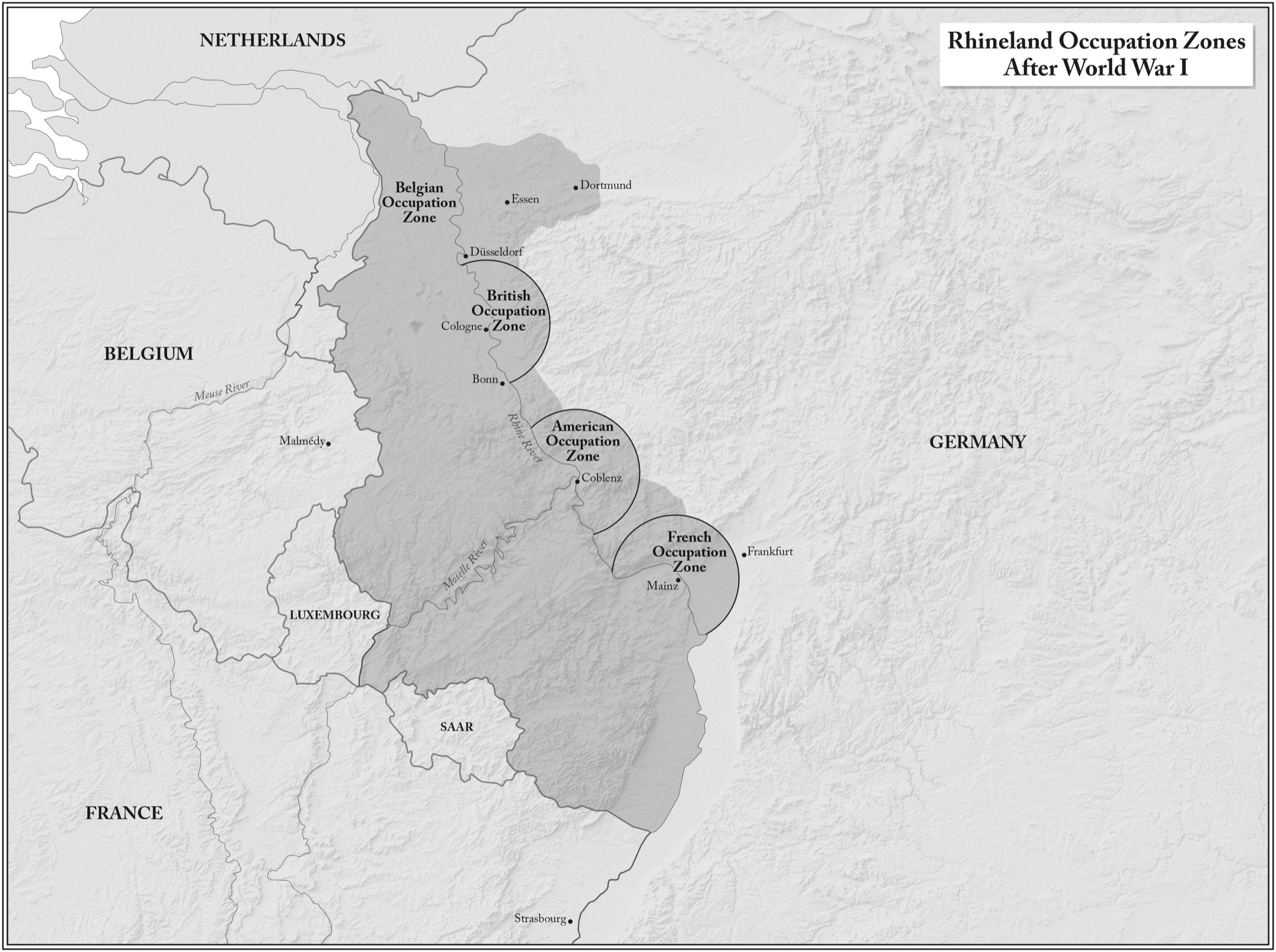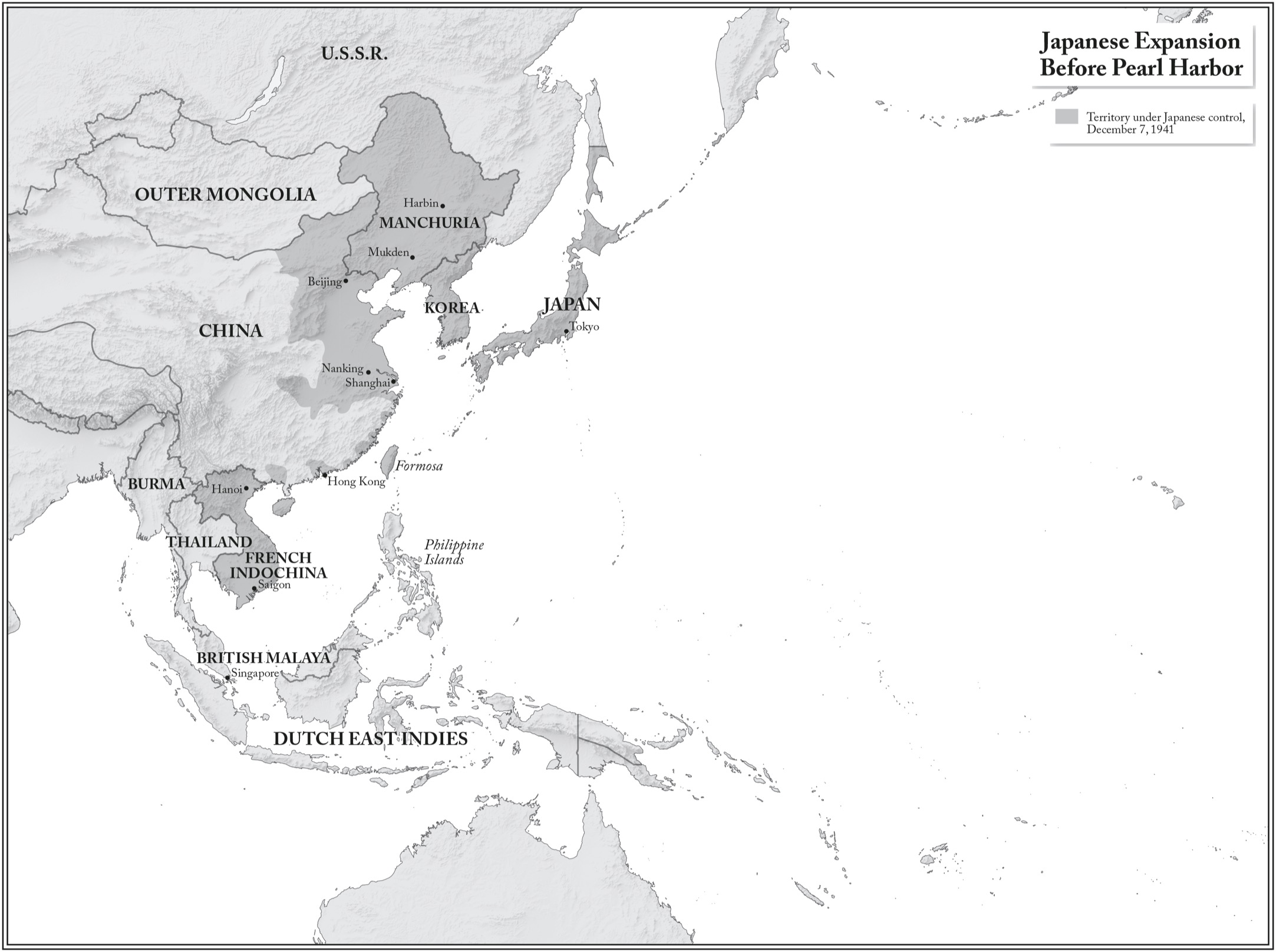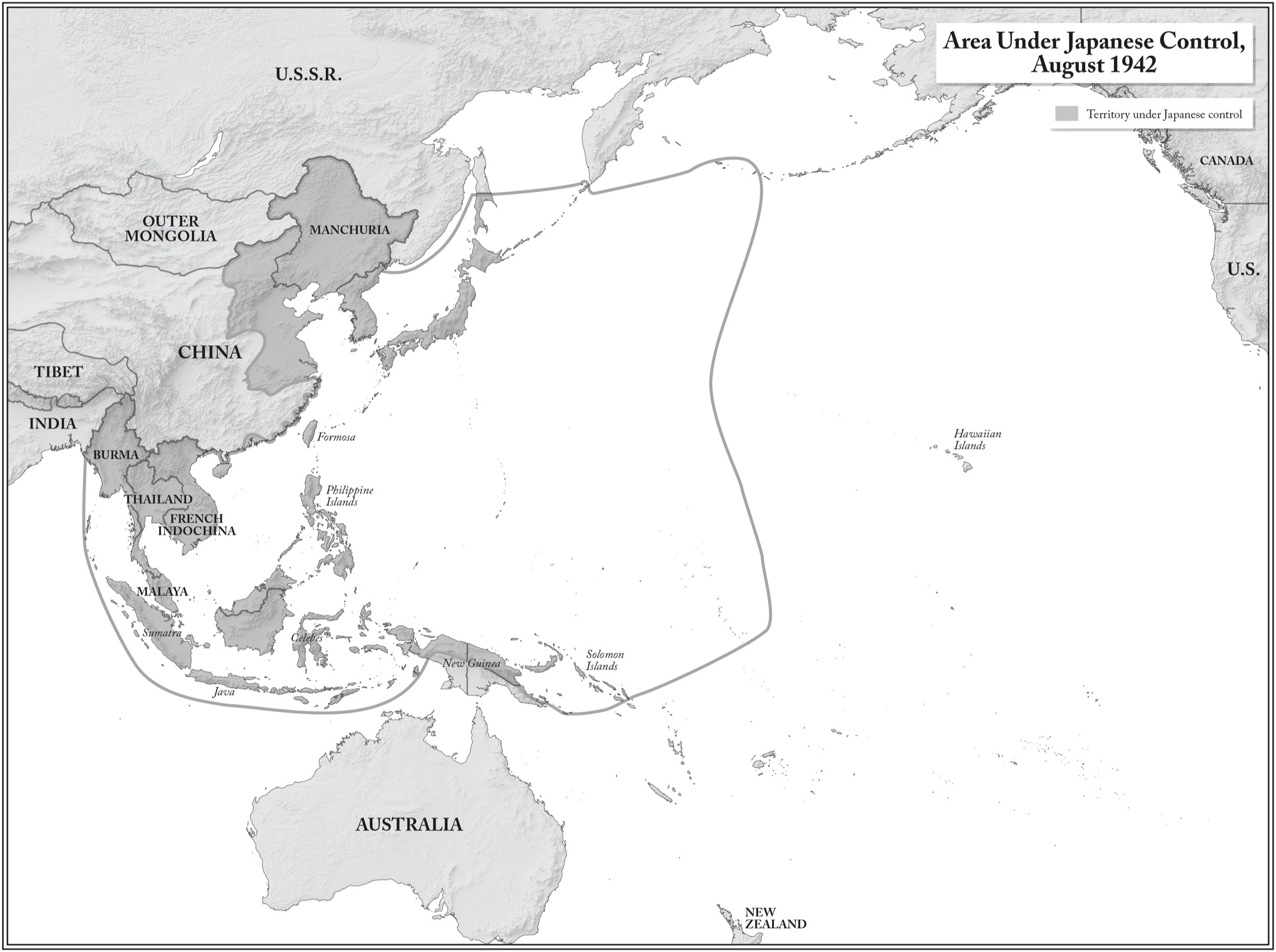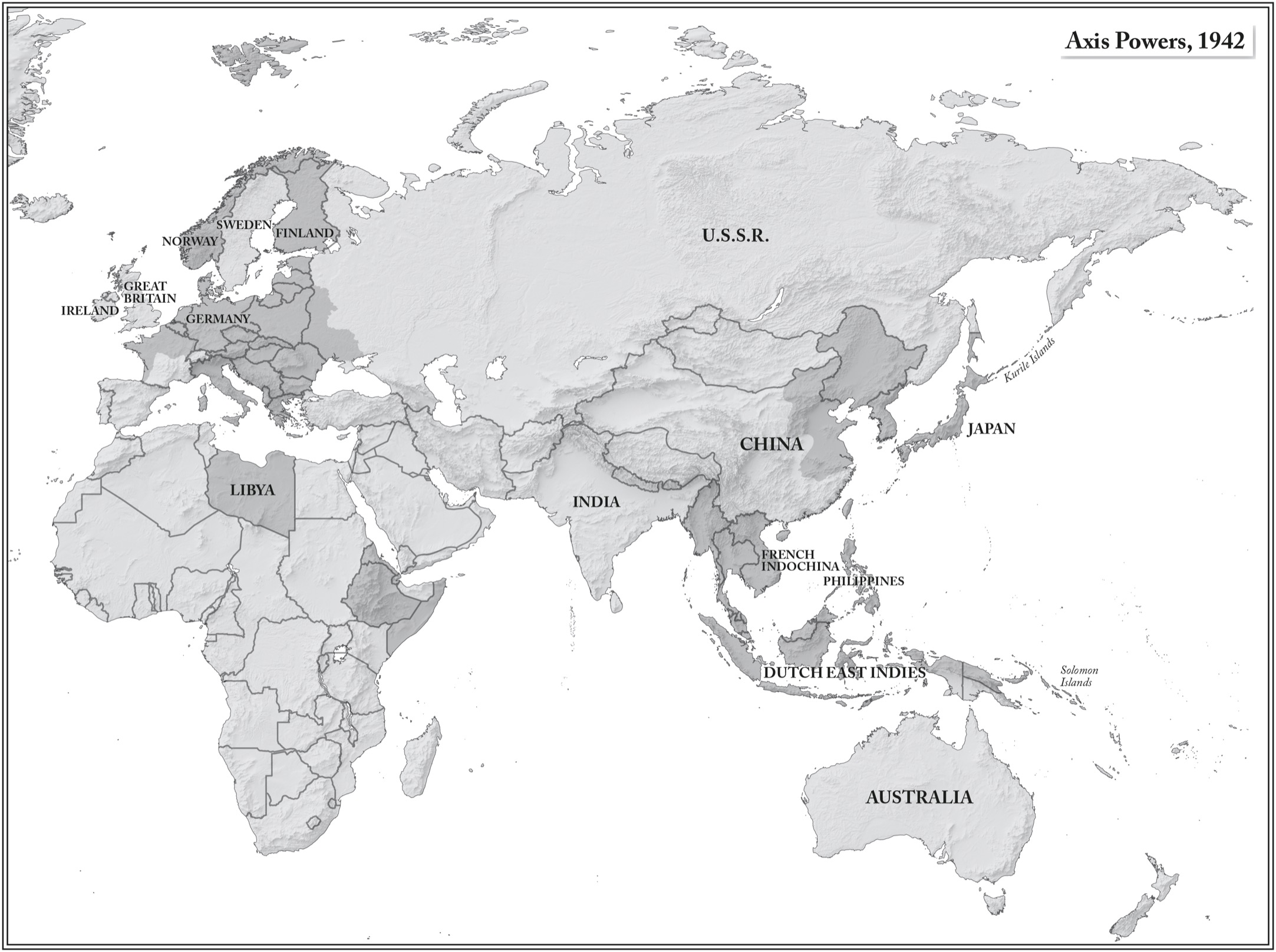Robert Kagan - The Ghost at the Feast: America and the Collapse of World Order, 1900-1941
Here you can read online Robert Kagan - The Ghost at the Feast: America and the Collapse of World Order, 1900-1941 full text of the book (entire story) in english for free. Download pdf and epub, get meaning, cover and reviews about this ebook. City: New York, year: 2023, publisher: Knopf, genre: History. Description of the work, (preface) as well as reviews are available. Best literature library LitArk.com created for fans of good reading and offers a wide selection of genres:
Romance novel
Science fiction
Adventure
Detective
Science
History
Home and family
Prose
Art
Politics
Computer
Non-fiction
Religion
Business
Children
Humor
Choose a favorite category and find really read worthwhile books. Enjoy immersion in the world of imagination, feel the emotions of the characters or learn something new for yourself, make an fascinating discovery.
- Book:The Ghost at the Feast: America and the Collapse of World Order, 1900-1941
- Author:
- Publisher:Knopf
- Genre:
- Year:2023
- City:New York
- Rating:4 / 5
- Favourites:Add to favourites
- Your mark:
The Ghost at the Feast: America and the Collapse of World Order, 1900-1941: summary, description and annotation
We offer to read an annotation, description, summary or preface (depends on what the author of the book "The Ghost at the Feast: America and the Collapse of World Order, 1900-1941" wrote himself). If you haven't found the necessary information about the book — write in the comments, we will try to find it.
With extraordinary range and research, Robert Kagan has illuminated Americas quest to reconcile its new power with its historical purpose in world order in the early twentieth century. Dr. Henry Kissinger
At the dawn of the twentieth century, the United States was one of the worlds richest, most populous, most technologically advanced nations. It was also a nation divided along numerous fault lines, with conflicting aspirations and concerns pulling it in different directions. And it was a nation unsure about the role it wanted to play in the world, if any. Americans were the beneficiaries of a global order they had no responsibility for maintaining. Many preferred to avoid being drawn into what seemed an ever more competitive, conflictual, and militarized international environment. However, many also were eager to see the United States taking a share of international responsibility, working with others to preserve peace and advance civilization. The story of American foreign policy in the first four decades of the twentieth century is about the effort to do bothto adjust the nation to its new position without sacrificing the principles developed in the past, as one contemporary put it.
This would prove a difficult task. The collapse of British naval power, combined with the rise of Germany and Japan, suddenly placed the United States in a pivotal position. American military power helped defeat Germany in the First World War, and the peace that followed was significantly shaped by a U.S. president. But Americans recoiled from their deep involvement in world affairs, and for the next two decades, they sat by as fascism and tyranny spread unchecked, ultimately causing the liberal world order to fall apart. Americas resulting intervention in the Second World War marked the beginning of a new era, for the United States and for the world.
Brilliant and insightful, The Ghost at the Feast shows both the perils of American withdrawal from the world and the price of international responsibility.
Robert Kagan: author's other books
Who wrote The Ghost at the Feast: America and the Collapse of World Order, 1900-1941? Find out the surname, the name of the author of the book and a list of all author's works by series.

